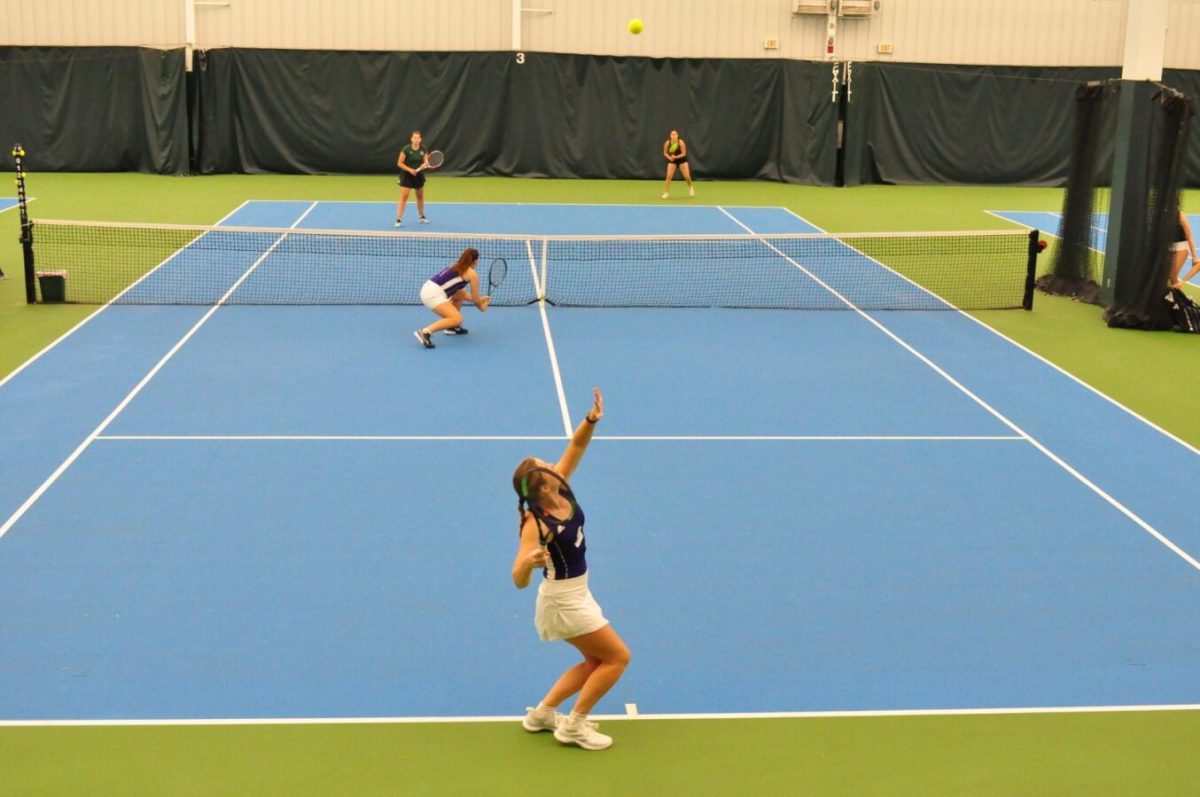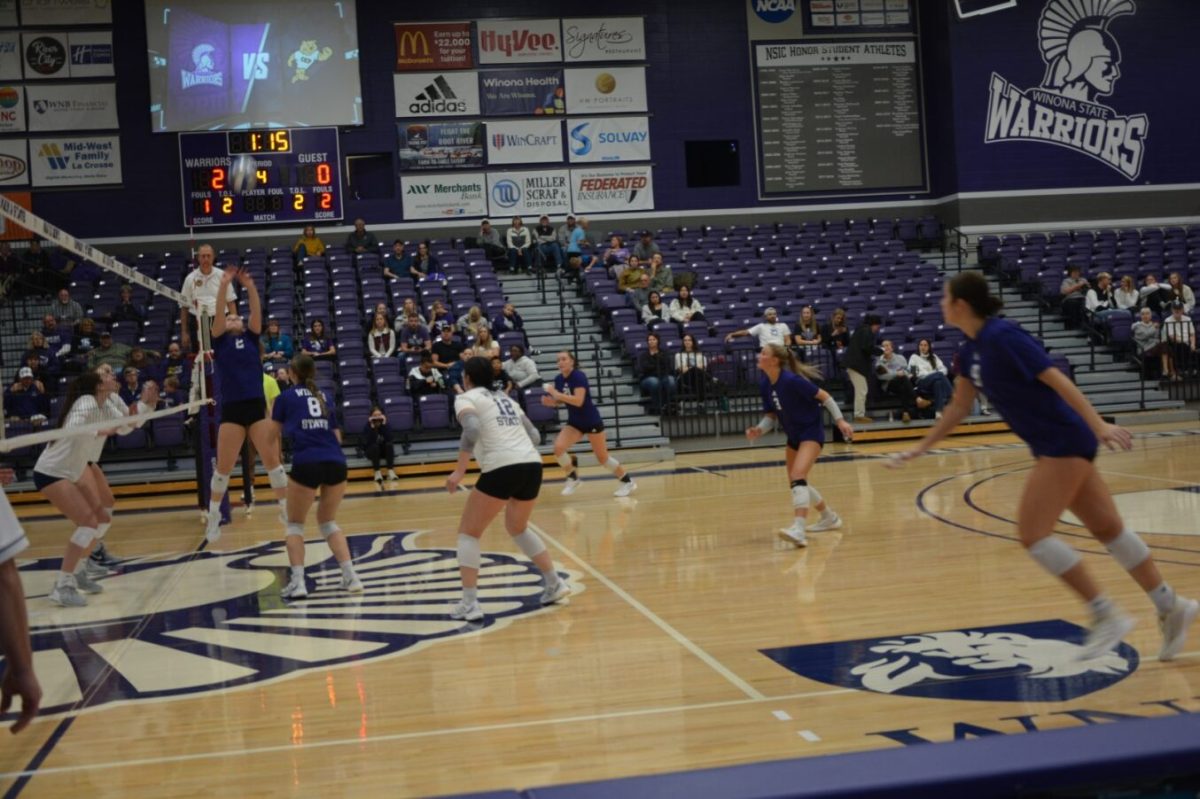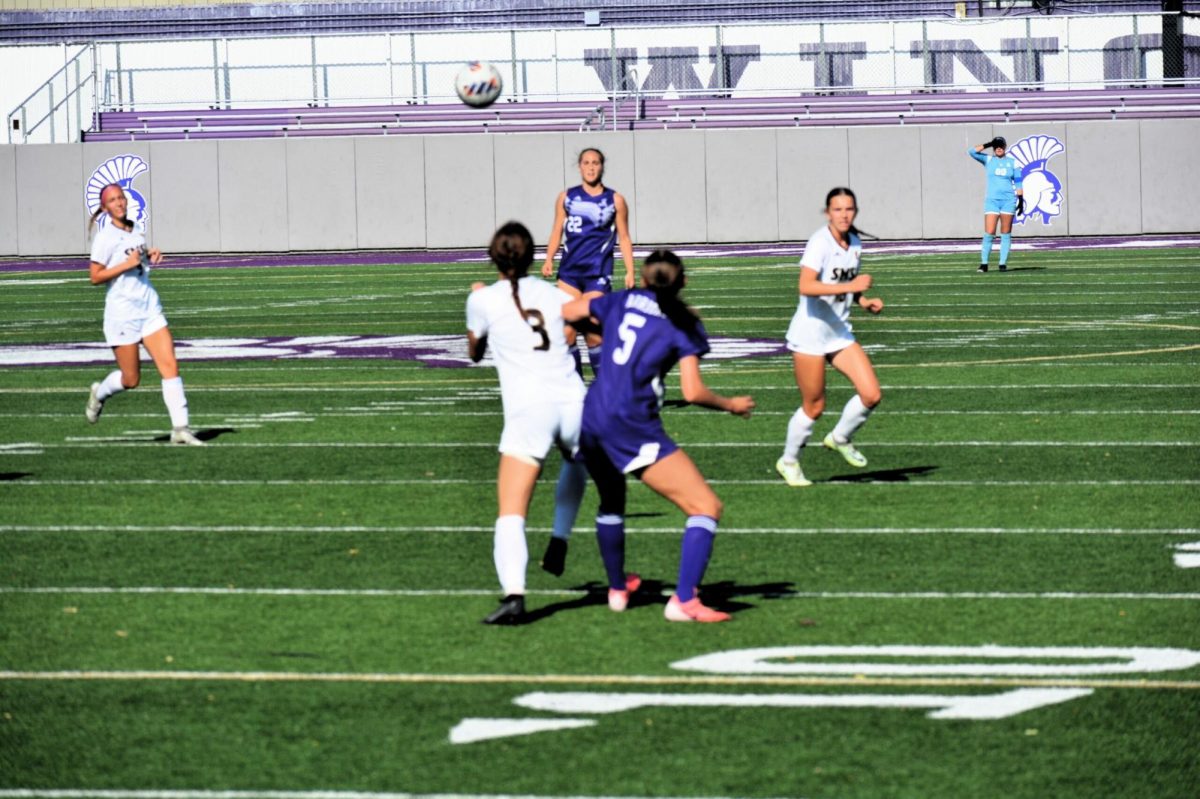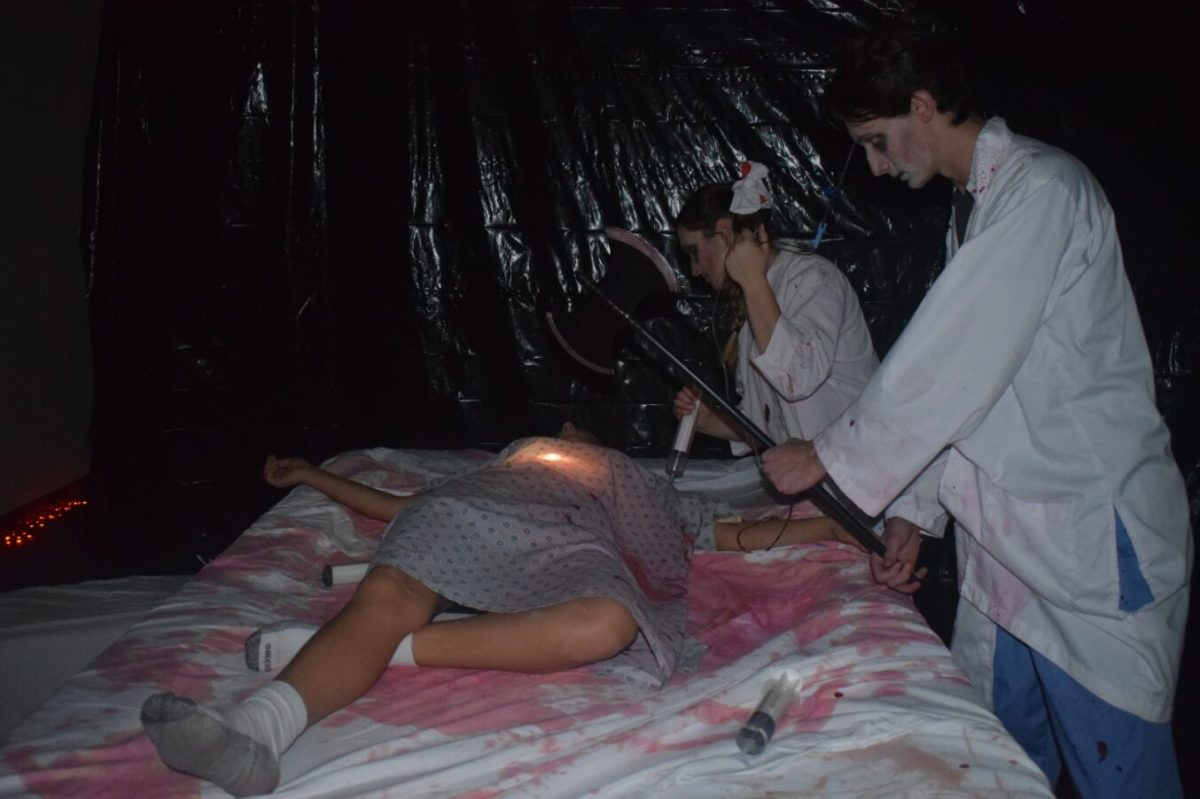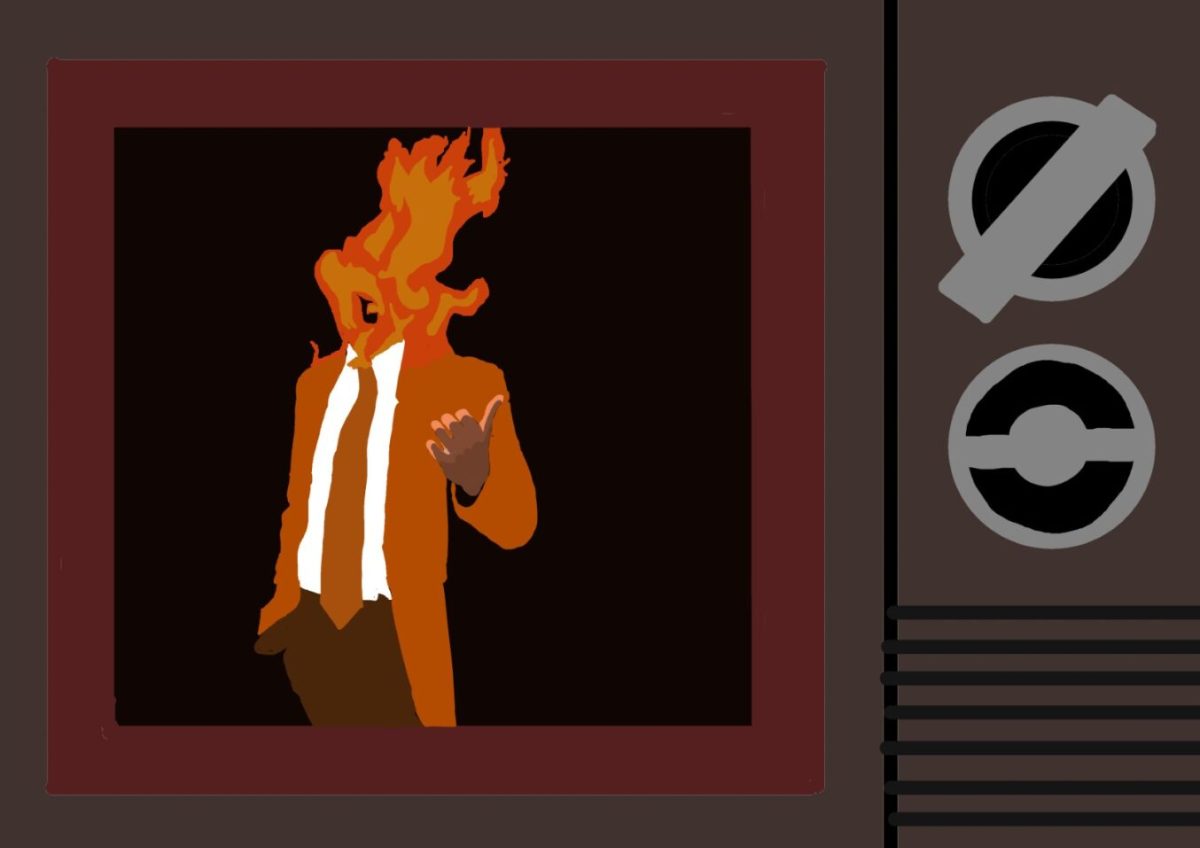Kilat Fitzgerald / Winonan
Adjusting to life in a university setting can be jarring for anyone. For those returning from military service, the effect can be a culture shock. Winona State University educates approximately 170 student-veterans, and their challenges are not over after returning to civilian life.
While housing, transportation and other expenses are concerns for every college student, service members from all branches have unique challenges on top of that. They must transition from an intensely regimented and disciplined lifestyle to the calmful stir of Winona’s college campus.
In response to these challenges, workers within the Veterans Affairs Office on campus have taken the initiative to set up a support network, which includes a community within the Sustainability House. Kyle Wallerich, Petty Officer 2nd Class of the U.S. Navy, repurposed the Sustainability House to help Veterans gain a foothold in the educational atmosphere.
“Any student-veteran can apply to live there, and it is also open to the Veteran community on campus to use the house for their own convenience as well,” House Leader Wallerich said. “It’s actually the first house in the country that is owned by the campus and supplied for veteran use. We started the process in spring 2015, and we are still recruiting people that have interest in the house,” Wallerich said.
He describes the property as a “healthy learning environment for any student-veteran that comes on campus,” adding that “veterans understand veterans.”
Another VA administrator on campus, Tiffany Clark, former U.S. Air Force Staff Sergeant, does her part to ensure a veteran’s well being.
“I usually refer them to the Veterans County Service Officer,” Clark said. “When veterans come back, people share stories. We’re students, not therapists, but we know different outlets and who to get ahold of to help them.”
Clark’s transition into civilian life was a difficult one, an experience that drives her to aid fellow veterans in their educational pursuits so they do not face the same challenges she did.
“I felt limited in my resources. There wasn’t any comradery,” Clark said. “When I saw that this office wasn’t very helpful, I was like ‘I want this position. Let me know if something is broken because I’d like to fix it.’ I like being able to help people because I did administration for eight years.”
Clark’s eight years of active service occurred while she raised her daughter as a single parent. She left after a “force reduction” that included all military branches.
“It wasn’t my choice to get out. It was mandated that I get out. I was like ‘Why would you do that to me? You could have cut my skin and I would have bled blue.’ They called me the recruiter because I loved my life in the military.”
Clark was given three months to leave the position. After finding a place in the area for her family to live, Clark decided to return to school in 2014. The culture shock took many forms, as the differences between civilians and veterans became clear.
“We couldn’t have our cell phones on us, because I worked in a secure building. Here, everybody’s walking around and they won’t even talk. They’re just in their cell phones. I just didn’t understand it,” Clark said.
The disconnect was widened by shy students and aloof attitudes often encountered at the beginning of every school year. “I couldn’t comprehend why people wouldn’t say ‘hi.’ They were all timid and scared. You can always spot the military people, they’re sitting in the front row, asking all the questions, they’re confident, they’re not looking at the floor.”
The attributes gained from military service make veterans a valued part of the campus community. One example example is U.S. Air Force Master Sergeant Karen Radatz, who is starting her first year at Winona State.
Radatz served 24 years in the U.S. Air Force. She was deployed in Germany, Italy, Iceland and South Korea three times. She also served six months in Afghanistan.
Radatz already has an associate’s degree, and while continuing her education, her goal is to get a bachelor’s degree in MIS.
Since the vast majority of students on campus are civilians, it can be difficult to fully understand what a veteran has endured and the challenges they may still be facing.







